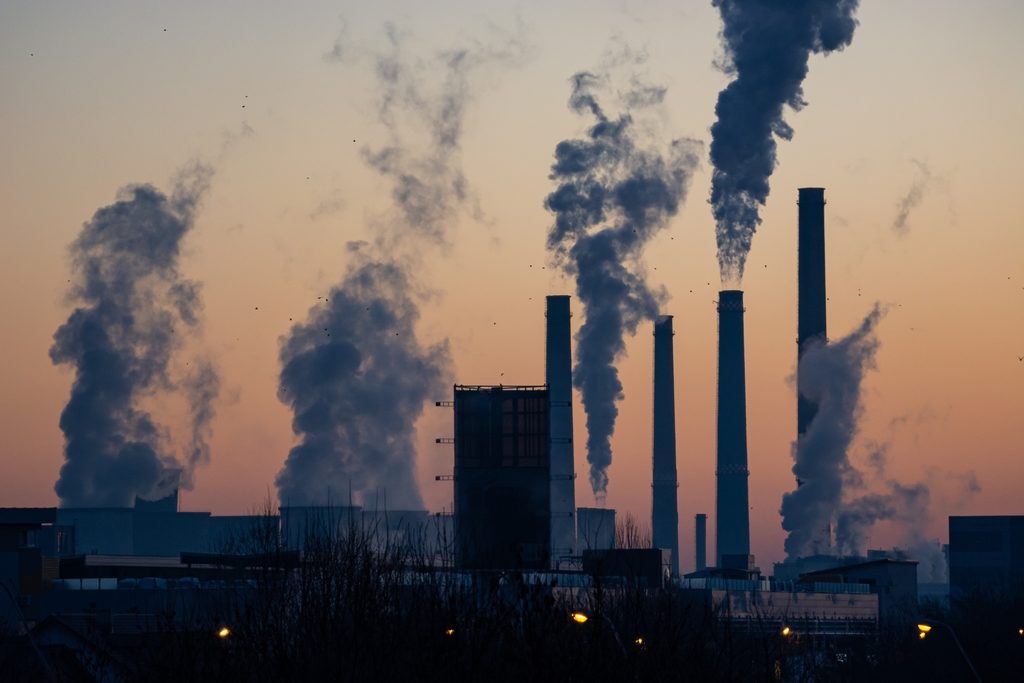The government is considering implementing a carbon tax on petroleum and similar products as part of a broader effort to introduce an integrated general sales tax (GST), as advocated by the International Monetary Fund (IMF). This initiative aims to harness the benefits of a value-added tax (VAT) for better documentation and digitization.
According to the sources a carbon tax is among the strategies being discussed, which could also attract international financial support for new aid instruments like green and e-bonds, and facilitate cheaper loans and grants from multilateral institutions. Future development plans are being aligned with climate public investment management benchmarks.
The IMF has been pushing for a standard GST on petroleum products, alongside a petroleum levy of up to Rs60/litre. This is part of a broader program to transform the current GST scheme into a universal VAT system with no sectoral exceptions or preferential treatments.
Authorities have proposed either reintroducing the carbon tax or increasing the petroleum levy threshold to Rs100/litre in the upcoming budget. This move aims to generate more revenue from petroleum products, as the proceeds from these levies remain with the federal government, unlike GST, which predominantly benefits the provinces.
According to sources, the carbon tax would not only generate revenue but also garner international support and carbon credits. The funds could be allocated to environmentally friendly initiatives to reduce greenhouse gas emissions. Both the petroleum levy and carbon tax could be implemented simultaneously if decided upon.
Officials argue that federal revenue tools like the petroleum levy and carbon tax are easier to collect and address financial constraints more effectively than adjusting the National Finance Commission (NFC), which favors provincial allocations.
By withdrawing federal funding for provincial development projects under the public sector development program, the federal government could avoid politically sensitive issues like undoing fiscal devolution.
Discussions between the government and the IMF have also covered expanding social welfare programs under the Benazir Income Support Programme (BISP), linking stipends to inflation to mitigate the effects of record inflation. Both parties agree on improving targeting and gradually phasing out beneficiaries through income-generating schemes.
On taxation, the government plans to focus on digitization and documentation using a mix of incentives and penalties. Retailers will be encouraged to register under the Tajir Dost Scheme, while non-compliance will attract fines and other penalties through new legal provisions in the upcoming finance bill.
Non-filers may face higher withholding tax on bank transactions, with the current rate of 0.6% on transactions above Rs50,000 potentially increasing to 1% in the next budget.
Several measures introduced in the previous finance bill, but later withdrawn due to parliamentary intervention, are being reconsidered. The upcoming 24th IMF bailout aims to increase the tax-to-GDP ratio by 3% over three years, reaching around 12%.
To achieve a fiscal adjustment of at least 1.5% of GDP, or about Rs1.6 trillion, the government plans additional revenue measures, expenditure rationalization, and privatization. The finance minister has already announced pension reforms and reduced allocations for development spending as key expenditure rationalization strategies.
On the revenue side, efforts will focus on expanding the tax net by transforming the GST into a real VAT, despite its inflationary impact. This includes extending the tax base to retail and wholesale traders, agriculture, reducing income tax slabs, and applying them uniformly to all income sources to diversify revenue streams.
The government has committed to the IMF to continue timely adjustments of gas and electricity tariffs from the new fiscal year, while also working to reduce energy costs and involving the private sector to address circular debt.
Additionally, the government promises to maintain a tight monetary policy, adopt a market-based exchange rate, and strengthen social security and state-owned enterprises, despite potential risks to the reform program from political unrest and geopolitical tensions.


